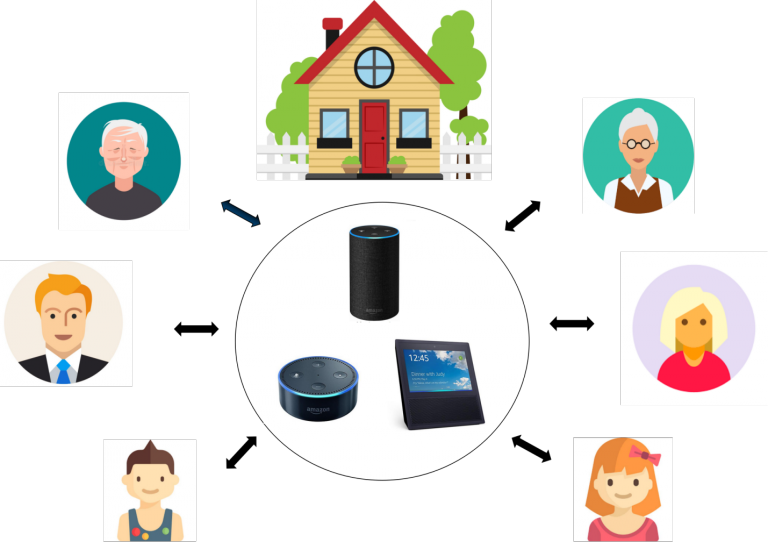Household Users' Privacy and Security Concerns & Expectations about Smart Speakers
Lead: Konstantin Beznosov
IoT is becoming increasingly popular in home environments. Users are equipping their homes with multiple devices such as Internet-connected lights, sensors, cameras and locks, controlled by smart speakers using voice commands. According to new research from NPR and Edison Research, 16 percent of Americans own a smart speaker or around 39 million people.
However, recent studies have revealed these popular smart speakers such as Google Home, and Amazon Alexa isn’t always reliable or trustworthy. For example, by analyzing the data stored in the Alexa cloud, adversaries are able to infer users’ life patterns. In addition, adversaries could take advantages of the vulnerable features of the devices to remotely spy on users or disrupt their lives. Moreover, an adversary could send out voice commands that are noise or cannot even be recognized to human ears, but easily detected by a smart speaker and tricks it to process the voice command.
As more and more voice-enabled devices are implemented into users lives, as well as new features, e.g., Alexa calling, message, ‘drop-in’, and video recording. There is need to get better understanding users’ privacy and security concerns and further propose higher level of data protection.
The goal of the study is to understand users’ privacy and security concerns about their smart speakers in a multiple users scenario. More specifically, we intend to explore users’ concerns toward other users in the same household. Moreover, we want to figure out What are users’ privacy perceptions toward new features of smart speakers, e.g., ‘drop-in’ and video recording? And what strategies do users take to address their privacy and security concerns?
